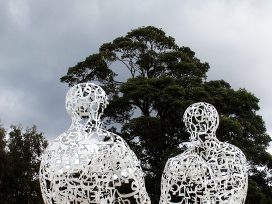
Increased securitization and discrimination against migrants has neither reinforced the freedom, security and well-being of EU citizens nor curbed irregular migration, writes Eve Geddie. It’s time to change the European discourse on undocumented migrants.

